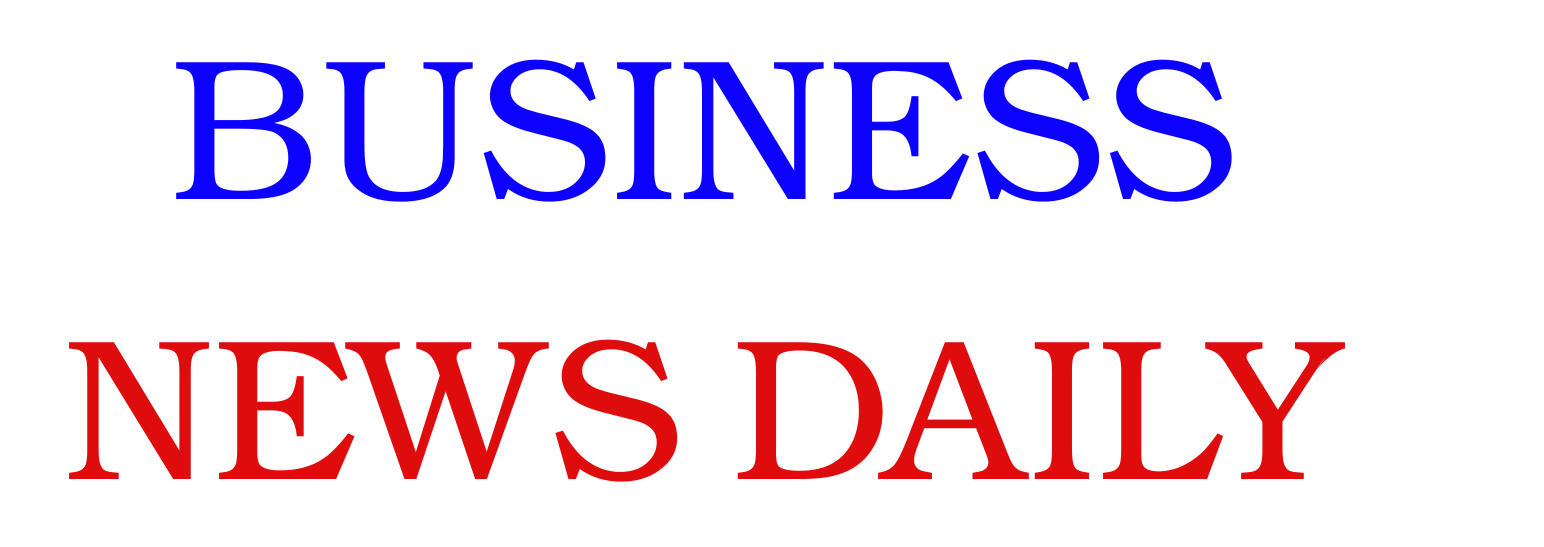Joint Statement on the U.S.-Germany Dialogue on Holocaust Issues
The following text was released by the Governments of the United States of America and the Federal Republic of Germany.
Begin Text:
The Governments of the United States of America and the Federal Republic of Germany have set further significant milestones in their Dialogue on Holocaust Issues. The two governments launched this Dialogue at the ministerial level in 2021 to combat Holocaust denial and distortion – forms of antisemitism that undermine societal cohesion, freedom, democracy, and security – and to find innovative ways to strengthen Holocaust education. The Dialogue aims at contributing to a world in which knowledge about the Holocaust is easily accessible and grounded in historical fact. It thus helps ensure leaders and the public to learn about and from the Holocaust to help tackle today´s challenges at an early stage. The U.S. Department of State, the German Federal Foreign Office, the German Foundation Memorial to the Murdered Jews of Europe, and the U.S. Holocaust Memorial Museum (USHMM) participate in the Dialogue.
Promoting Innovative and Accurate Holocaust Education and Training
Holocaust education is now integrated annually as part of the flagship Program on Applied Security Studies (PASS) at the George C. Marshall European Center for Security Studies. The Marshall Center is jointly funded and administered by the United States and Germany. Since the successful pilot in 2022, staff from the U.S. Holocaust Memorial Museum and the Stiftung Denkmal have presented a module on the Holocaust to a total of 230 senior military and civilian officials participating in PASS from over 50 countries. PASS participants repeatedly expressed the relevance of the Holocaust module for their work protecting life and liberty in a multinational context today. The Holocaust module has been adjusted based on participant feedback over the last three years and broadened in order to include topics such as the Nazis’ rise to power, the transnational impact and implications of Nazi policy in the years leading up to the Second World War and the Holocaust, the legacy of the Holocaust in present-day cultures of memory and definitions, and common early warning signs for mass atrocities.
Countering Rehabilitation of Those who Participated in the Holocaust and Holocaust-era Crimes
Attempts to restore the reputations of Holocaust-era criminals and individuals and organizations that promoted Holocaust-era crimes are increasingly frequent. We must ensure honest engagement with Holocaust history. The Dialogue is working on this topic with a guidance paper jointly developed by Dialogue members USHMM and Stiftung Denkmal after consulting international experts.
Focus attention on decentralized Holocaust remembrance work
Official and media attention often focuses on well-known, central places of remembrance such as major concentration camp sites. However, the Holocaust happened everywhere, from smaller camp sites spread across Europe to the killing fields all over Central and Eastern Europe. The Governments of the United States and the Federal Republic of Germany welcome growing awareness of this through local initiatives that make local Holocaust history accessible and visible through local research and acts of remembrance. This is an important and innovative way to build knowledge of the history of the Holocaust. These efforts deserve increased attention and support, as this type of direct connection with the history of the Holocaust is particularly important as opportunities to hear directly from Holocaust survivors inevitably diminish. We will work to highlight and encourage local initiatives through outreach on the ground with particularly exemplary initiatives in host countries. Future efforts will also include working to identify and address options to support Holocaust remembrance in Ukraine as a key partner country and address Holocaust distortion campaigns elsewhere.
The Governments of the United States and the Federal Republic of Germany are deeply committed to continuing this Dialogue and our efforts to counter antisemitism by addressing Holocaust denial and distortion. The lessons of the Holocaust are relevant for the future in helping us to safeguard our open democratic societies and our strength and security.
End Text.



